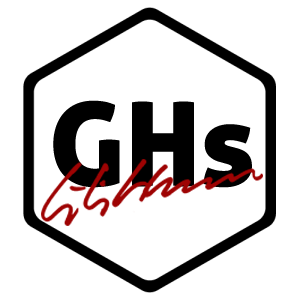Daily Life of Palestine families under Israeli occupation policy.
The two parties engaged in direct negotiation are the Israeli government, currently led by Benjamin Netanyahu, and the Palestine Liberation Organization (PLO), currently headed by Mahmoud Abbas. The official negotiations are mediated by an international contingent known as the Quartet on the Middle East (the Quartet) represented by a special envoy, that consists of the United States, Russia, the European Union, and the United Nations. The Arab League is another important actor, which has proposed an alternative peace plan. Egypt, a founding member of the Arab League, has historically been a key participant. Jordan, having relinquished its claim to the West Bank in 1988 and holding a special role in the Muslim Holy shrines in Jerusalem, has also been a key participant.
Since 2006, the Palestinian side has been fractured by conflict between the two major factions: Fatah, the traditionally dominant party, and its later electoral challenger, Hamas. After Hamas’s electoral victory in 2006, the Quartet conditioned future foreign assistance to the Palestinian National Authority (PA) on the future government’s commitment to non-violence, recognition of the State of Israel, and acceptance of previous agreements. Hamas rejected these demands, which resulted in the Quartet’s suspension of its foreign assistance program, and the imposition of economic sanctions by the Israelis. A year later, following Hamas’s seizure of power in the Gaza Strip in June 2007, the territory officially recognized as the PA was split between Fatah in the West Bank, and Hamas in the Gaza Strip. The division of governance between the parties had effectively resulted in the collapse of bipartisan governance of the PA. However, in 2014, a Palestinian Unity Government, composed of both Fatah and Hamas, was formed. The latest round of peace negotiations began in July 2013 and was suspended in 2014. (Wikipedia)








































